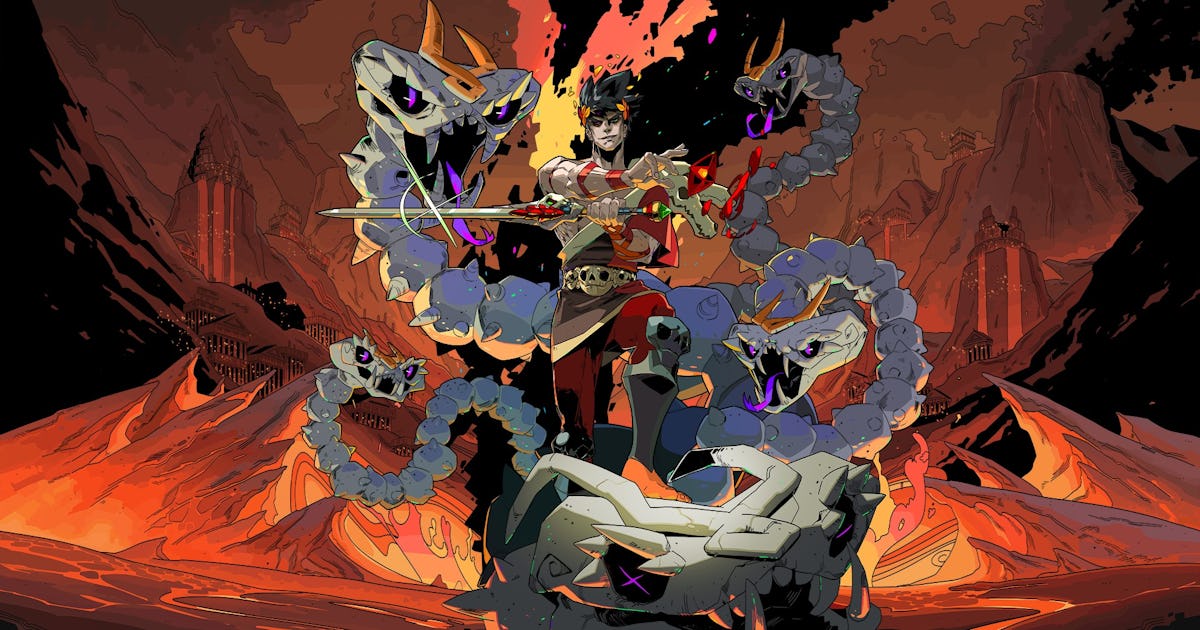
"And the core reason for that lies entirely in how Hades revolutionizes the very idea of what it means to be a "roguelike," specifically, how its entire narrative hook is inexplicably built around the idea of repetition and failure. The synergy between gameplay and story is impeccable in Hades, especially when you factor in a constant feeling of improvement. But first, if you aren't familiar with the "roguelike" genre, it's got a fairly simple definition."
"Hades embraces that idea from its very setup, focusing on a godlike being named Zagreus, the firstborn son of the titular Hades, god of the underworld. Zagreus seeks to escape the tyrannical realm of his father, and in the process is aided by the pantheon of Gods from Olympus (Zeus, Ares, Aphrodite, etc). The entire game is themed around methodically escaping the Underworld,"
Hades is developed by Supergiant Games, the studio behind Bastion, Transistor, and Pyre. It combines action-RPG mechanics with a roguelike format to spectacular effect. The game's narrative centers on Zagreus, the firstborn son of Hades, who attempts to escape the Underworld. Olympian gods provide boons and aid during repeated escape attempts. The design makes repetition and failure central narrative hooks, aligning story and gameplay. Procedural generation ensures varied runs while permanent loss forces fresh attempts, with some elements of overall progression. The experience emphasizes constant improvement and elevates Hades to the studio's magnum opus.
Read at Inverse
Unable to calculate read time
Collection
[
|
...
]